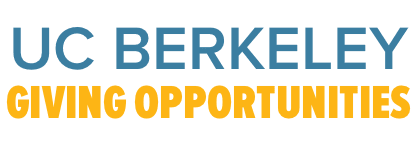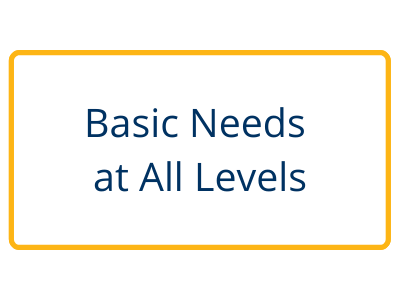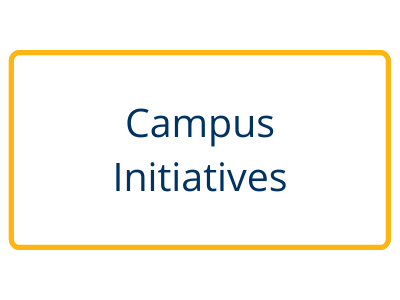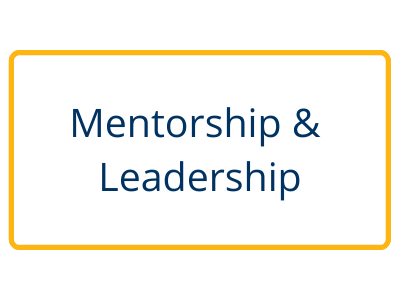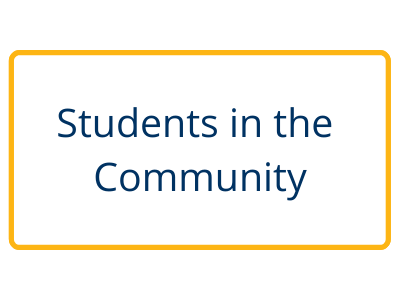The Center for Effective Global Action’s (CEGA) mission is to improve the lives of people living in poverty, by generating key insights for policymakers backed by rigorous and transparent research. We partner with governments, multilaterals, NGOs, companies, and researchers in low- and middle-income countries to ensure that our work is innovative, relevant, and inclusive. Together, we are transforming the delivery of social services, the design of public policies, and the quality of life for millions of people.
This year for Giving Tuesday, support the research, mentorship, and training of African fellows. Scroll below to see the impact of your donation.
CEGA believes that the pursuit of diversity, equity, and inclusion (DEI) in our work and across the global research community is both a moral imperative and a mechanism for driving inclusive, evidence-informed policy change. We see enormous value in collaborating with researchers from the countries where we work. We are committed to driving structural change across the development research community by building capacity to generate rigorous, policy-relevant evidence, expanding networks and opportunities, and encouraging the active participation of scholars from low- and middle-income countries in research and policy debates. To do this, we provide in-depth training, mentorship, and professional development opportunities to scholars from East and West Africa, co-organize policy convenings in local contexts, support policy engagement and research training activities in Africa, and fund collaborative research. Help us ensure that policy decisions—often affecting millions of lives—are informed by rigorous evidence and bolstered by the participation of local scholars, who are best placed—and most motivated—to identify and address development challenges in their own countries. See our website for more information and below for select activities.
 2021 Residential Fellows with CEGA affiliated professor, Travis Lybbert
2021 Residential Fellows with CEGA affiliated professor, Travis LybbertVisiting Fellowship and Catalyst Grants
The cornerstone of CEGA’s inclusion work is hosting African scholars for competitive, semester-long residential fellowships at UC Berkeley. With support from donors like you, CEGA has trained 44 researchers from Ghana, Kenya, Uganda, Rwanda, Tanzania, and Ethiopia, focused on diverse topics related to health, education, governance, and agriculture. Six to eight selected fellows per year audit courses on impact evaluation, international development, and econometrics; present research; attend seminars; develop curricula for their home institutions; design collaborative research projects; and build their networks. In her reflection of the fellowship, Spring 2020 fellow Saba Yifredew said, “This experience directly contributes to building my research capacity, equipping me with impact evaluation skills, and receiving mentorship feedback on my Ph.D. papers.”
Your donation can have network effects
Upon returning to their home institutions, they are awarded “catalyst grants” to institutionalize rigorous evidence generation within universities and governments by conducting trainings and incorporating their learnings into curriculum development. Through catalyst grants, fellows have gone on to train over 1200 African students, faculty, and policymakers in impact evaluation methods through short-courses and workshops at their home institutions. Many of these trainings have far-reaching effects on individuals and institutions. 2017 EASST fellow Damazo Kadengye held a one-week training for researchers at local Ugandan universities and competitively selected a small group of motivated researchers for a year of mentorship.
Jonathan was one of four mentees who continued to work with Damazo throughout the year following the initial training, during which he co-authored a paper with Damazo and CEGA-affiliated professor Sandra McCoy (UC Berkeley), who had served as Damazo’s mentor during his EASST fellowship. Jonathan has since been accepted into the 2020–2021 EASST Fellows cohort. Read more about their story here.
 Impact Evaluation workshop conducted by EASST fellow Constantine Manda. Credit: Constantine Manda
Impact Evaluation workshop conducted by EASST fellow Constantine Manda. Credit: Constantine Manda
Funding Research & Policy Engagement
CEGA competitively awards research grants to stimulate joint research projects between African researchers and CEGA affiliated faculty, and contribute to the evidence base for African development. We also award Policy and Partnership Grants to facilitate fellows’ involvement with scale-up activities, policy convenings, or the creation of working relationships with relevant stakeholders to expand the reach of evidence generated by impact evaluations. For example, research from CEGA’s East Africa Social Science Translation (EASST) program influenced the Government of Kenya’s Retirement Benefits Authority (RBA) to integrate SMS reminders into their programs.
 Community education is implemented at a durbar (village meeting), as part of the intervention for “It takes a village: Encouraging Women to Use Maternal Care through Community Involvement” | Aaron Asibi Abuosi
Community education is implemented at a durbar (village meeting), as part of the intervention for “It takes a village: Encouraging Women to Use Maternal Care through Community Involvement” | Aaron Asibi Abuosi
Non-Resident Fellowship
Our Non-Resident Fellowship supplements CEGA’s in-person fellowships, and may serve either as a precursor or an alternative to our in-person fellowships at UC Berkeley. Eight selected fellows per year audit online courses on impact evaluation; attend modules on research transparency and reproducibility, cost-effectiveness analysis, and geospatial data analysis via Zoom; design collaborative research projects; present their research at webinars; and build their networks through virtual meetings and events. Spring 2021 Non-Resident fellow Laura Barasa said, “the non-residential fellowship offered me an opportunity to build my research capacity without the need to travel. I believe that this arrangement is more inclusive as it may increase female participation.” With your support, we can continue to train bright researchers like Laura.
Your gift will:
- $50 = supports accommodations for African scholars visiting UC Berkeley
- $100 = supports travel expenses for African scholars to attend workshops at other institutions during their fellowship at UC Berkeley
- $500 = supports local flight costs for African scholars to attend our annual policy convening in East Africa
- $1,000 = supports a policy workshop for researchers and students in low- and middle-income countries
- $5,000 = supports policy engagement projects between low- and middle-income country researchers and government partners
- $20,000 = supports all the expenses associated with hosting an African scholar for one semester at UC Berkeley
| Rank | State | Gifts |
|---|---|---|
| 1 | CA | 2 |
| 2 | AA | 0 |
| 2 | AE | 0 |
